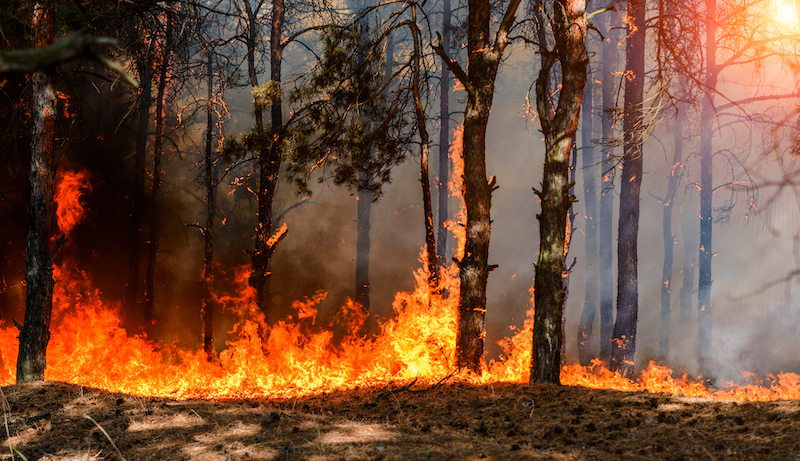
TEXAS/FLORIDA—We spend a lot of money and resources protecting our houses from cold weather and its hazards to property, but give so little attention damage caused due to high temperatures during the summer months.
Just to give you an idea, heat waves, felt mostly through the central part of the U.S., are capable of causing bursting pipelines, melting power outlets, and buckling floors very common during heat waves. Also, if your house has been exposed to high cold, and then extreme heat conditions that hasn’t been felt in decades, it can cause wear and tear of its construction materials.
Insurance wise, if that is those are the conditions where your house is located, you must talk to your insurance agent immediately to find ways to modify your policy from flood relief to natural disaster relief, since flood insurance alone may not cover the damage caused by heat waves.
How your roof and floor may get affected
High temperatures may cause suffocation due to lack of ventilation. Most roofs would start leaking because during the wood expansion that may occur during a heat wave, it would try to expand generating possible cracks in it.
A shortage of electrical circuits that causes a fire is also possible for the same reasons. Although your regular homeowners policy would typically cover damages caused by fire, you must be aware, that if the cause of damage was not an accidental fire, your insurer may delay or deny your claim when the coverage is not the appropriate for this type of cases. Your insurance agent should be able to provide you all your options and help determine what is adequate for your particular case.
The foundation of your home can also be affected by extreme high temperatures. All the moisture present in the earth is dried-up and the foundation may start loosing its grip. Keeping your irrigation systems operating during a heat wave is always a good idea to maintain the areas surrounding the foundation in favorable moisture conditions. If your house’s foundation suffers damage due to a heat wave, insurance companies might request evidence that it was in good condition prior the natural disaster effect. That’s why it is always important to keep up-to-date record of property and its conditions.
Wildfires Affect Both Texas & Florida
Homeowners insurance typically helps cover damage to your home and belongings resulting from a wildfire. Standard homeowners policies generally help protect against specific perils, including fire, but coverage may vary by geographic location and by policy. You may also find that some insurers do not sell homeowners policies in areas where wildfires are common, although, insurance companies have altered their schemes to cover wildfires in the most danger-prone areas.
If your home is at risk, you'll want to make sure you understand whether your homeowners insurance policy covers wildfire damage and how much coverage you have. You should also consider taking steps to mitigate the risk of wildfires to your home. The Insurance Information Institute recommends having preventative features such as noncombustible siding, decking and roofing materials; covered vents; and fences that are not connected to your home. Also, playground equipment and vegetation should be kept at least 30 and 100 feet away from your home, respectively.
Buscando Seguro now also has offices throughout the state of Texas. You can visit us in Houston/Katy, Dallas/Irving, Midland, The Woodlands, and we continue to grow, to not only offer you great online services but the best customer service experience on face to face visits.
To protect your family, home, your vehicles, your business, and your future, talk to our local, bilingual experienced agents from Buscando Seguro and let them know what your needs and priorities are. Give us a call today at (877) 427-9671— for an initial consultation and quotes from a myriad of insurance carriers who support us in Florida, Texas, and many other states!

Yolegnys Solano, CSR / 2-15
Agente de Seguros - Customer Service
